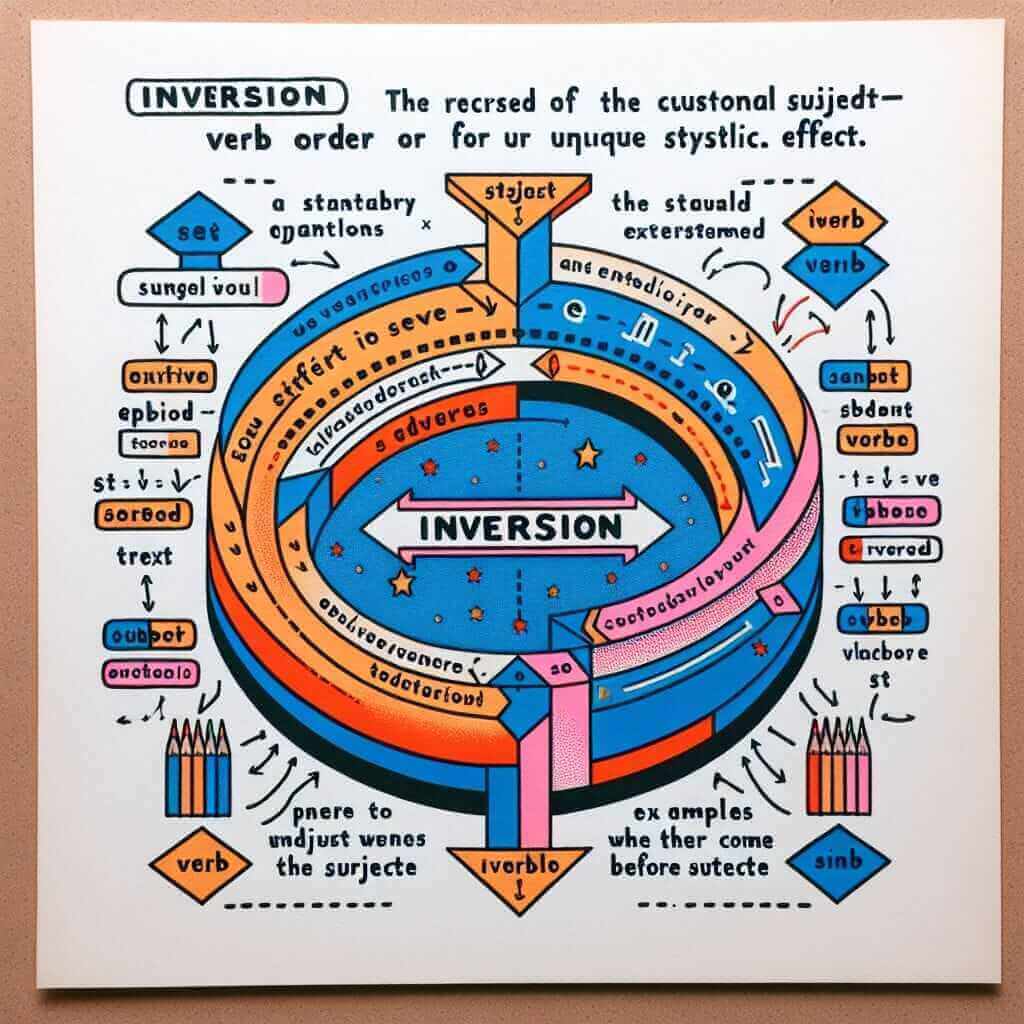When was the last time you encountered a sentence that felt like it was pulled straight out of a Jane Austen novel? The phrase “Rarely do opportunities like this arise” might just be it. This elegant yet somewhat unusual word order often throws IELTS test-takers for a loop. But fear not, aspiring English scholars! This article delves into the mechanics of this structure (called inversion) and shows you how to wield its power for IELTS success.
Let’s start by looking at a few examples of how this structure might appear in different sections of the IELTS:
Speaking:
- “Rarely do opportunities like this arise, so I knew I had to seize the day and apply for the scholarship.” (Part 2 – Describing an important decision)
Writing Task 2:
- “Some argue that space exploration is a waste of resources. However, rarely do opportunities like this arise to push the boundaries of human knowledge and innovation.”
Listening:
- You might hear a speaker use a similar structure in a lecture or conversation. For example, “Seldom do we see such a dramatic shift in public opinion…”
In each of these examples, notice how the sentence structure creates a sense of formality and emphasis. That’s the beauty of inversion!
Deconstructing “Rarely Do Opportunities Like This Arise”
What is Inversion and Why Use It?
Inversion, in a nutshell, is like rearranging your furniture to give your room a fresh look. Instead of the standard subject-verb order (“Opportunities rarely arise”), we flip it (“Rarely do opportunities arise”). This shift does two things:
- Formality: It instantly adds a touch of formality and sophistication to your writing and speaking, demonstrating a higher level of grammar control.
- Emphasis: It emphasizes the adverb “rarely,” highlighting the unusual nature of the situation.
Inversion in Action: The Formula
To use inversion correctly, especially with adverbs like “rarely,” follow this structure:
[Negative or restrictive adverb] + auxiliary verb + subject + main verb
Let’s break down our example:
- Rarely: The negative adverb indicating infrequency.
- Do: The auxiliary verb (matching the tense of the main verb “arise”).
- Opportunities: The subject of the sentence.
- Arise: The main verb.

Where Can You Use Inversion in IELTS?
While inversion is more common in formal writing, using it strategically in your speaking can demonstrate a wider range of grammar. Here’s how you can incorporate it:
- Writing Task 1 (Describing trends): “Not only did unemployment rates fall, but investment in renewable energy also saw a significant increase.”
- Writing Task 2 (Presenting arguments): “Under no circumstances should freedom of speech be compromised.”
Mastering Inversion: Examples and Practice
From Simple to Impressive:
Let’s look at a few more examples of inversion with different adverbs:
- Never before have I seen such a breathtaking sunset.
- Not only does she excel in academics, but she is also a talented musician.
- Seldom do we get to witness history in the making.
Level Up Your IELTS Writing with Inversion:
Instead of writing: “Tourism has never been so important to the economy,” try: “Never before has tourism been so important to the economy.”
This subtle shift adds weight to your statement and demonstrates a sophisticated grasp of English grammar.
Common Traps to Avoid:
- Overusing Inversion: Like a pinch of salt, a little goes a long way. Overusing inversion can make your writing sound unnatural.
- Incorrect Verb Form: Ensure the auxiliary verb agrees with the tense of the main verb.
Conclusion
Mastering inversion, particularly with adverbs like “rarely,” is a surefire way to elevate your IELTS writing and speaking. It demonstrates a command of advanced grammar structures, adding both sophistication and emphasis to your language. So, go forth and experiment! Weave this elegant tool into your IELTS preparation, and watch your scores rise like those rare and precious opportunities.